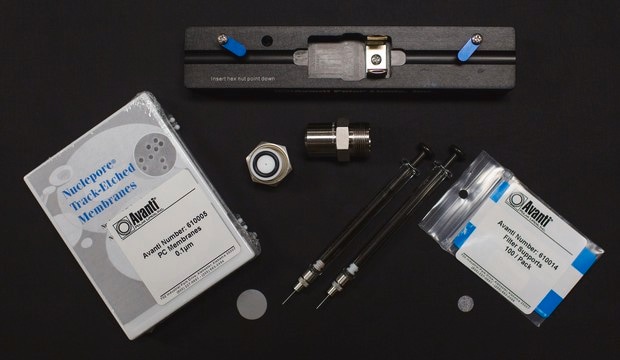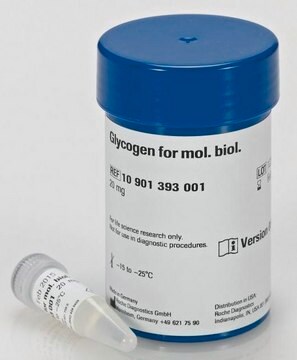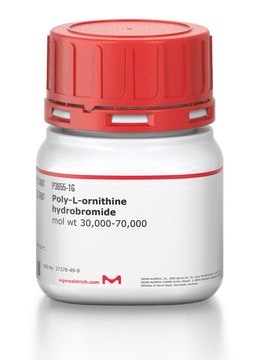MABT880
Anti-SUN2 Antibody, clone 3.1E
clone 3.1E, from mouse
Sinónimos:
SUN domain-containing protein 2, Protein unc-84 homolog B, Rab5-interacting protein, Rab5IP, Sad1/unc-84 protein-like 2
About This Item
Productos recomendados
biological source
mouse
Quality Level
antibody form
purified antibody
antibody product type
primary antibodies
clone
3.1E, monoclonal
species reactivity
human, rat, mouse
technique(s)
immunocytochemistry: suitable
western blot: suitable
isotype
IgG1κ
NCBI accession no.
UniProt accession no.
shipped in
ambient
target post-translational modification
unmodified
Gene Information
human ... SUN2(25777)
General description
Specificity
Immunogen
Application
Cell Structure
Immunocytochemistry Analysis: A representative lot immunostained nucleus of fibroblasts from Sun2+/-, but not Sun2-/- mice (Courtesy of Dr Brian Burke, Institute of Medical Biology, A*STAR).
Western Blotting Analysis: A representative lot detected SUN2 in heart tissue lysate from Sun2+/-, but not Sun2-/- mice (Courtesy of Dr Brian Burke, Institute of Medical Biology, A*STAR).
Immunofluorescence Analysis (IF): A representative lot detected mouse testis tissue (Courtesy of Dr Brian Burke, Institute of Medical Biology, A*STAR).
Immunofluorescence Analysis (IF): A representative lot tested on different mouse tissues (Courtesy of Dr Brian Burke, Institute of Medical Biology, A*STAR).
Immunofluorescence Analysis (IF): A representative lot detected immortalized fibroblasts derived from SUN2 +/+, SUN2 -/- , Sun1 -/- double knockout Sun2 -/- Sun1 -/- mouse pups (Courtesy of Dr Brian Burke, Institute of Medical Biology, A*STAR).
Quality
Western Blotting Analysis: 0.5 µg/mL of this antibody detected SUN2 in 10 µg of HeLa cell lysate.
Target description
Physical form
Storage and Stability
Other Notes
Disclaimer
¿No encuentra el producto adecuado?
Pruebe nuestro Herramienta de selección de productos.
Storage Class
12 - Non Combustible Liquids
wgk_germany
WGK 1
Certificados de análisis (COA)
Busque Certificados de análisis (COA) introduciendo el número de lote del producto. Los números de lote se encuentran en la etiqueta del producto después de las palabras «Lot» o «Batch»
¿Ya tiene este producto?
Encuentre la documentación para los productos que ha comprado recientemente en la Biblioteca de documentos.
Nuestro equipo de científicos tiene experiencia en todas las áreas de investigación: Ciencias de la vida, Ciencia de los materiales, Síntesis química, Cromatografía, Analítica y muchas otras.
Póngase en contacto con el Servicio técnico






